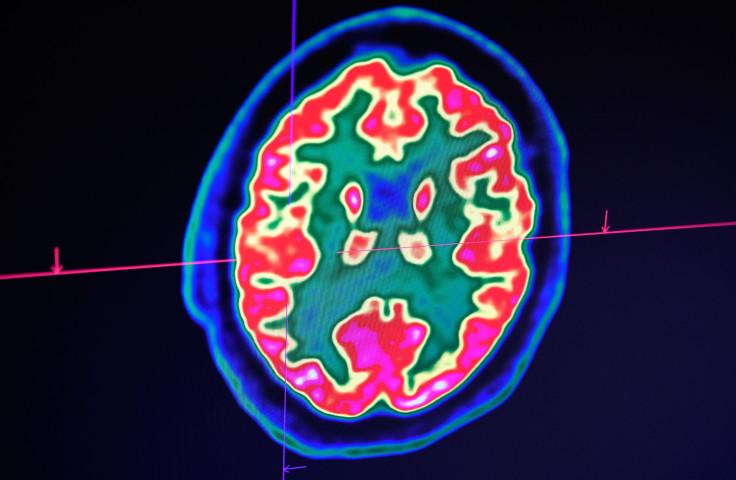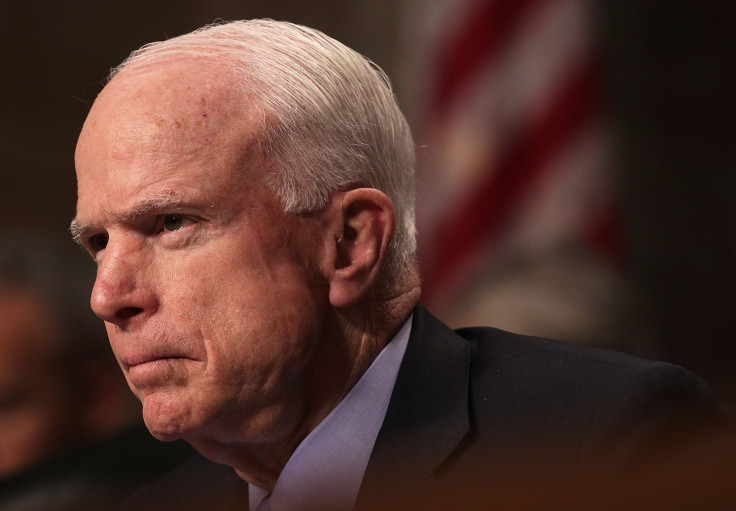19-Year-Old Discovers Her Flu Was Actually Aggressive Brain Tumors

A 19-year-old student from the United Kingdom, who underwent a routine eye check, due to swelling in her optic nerve discovered she had terminal cancer. Diagnosis revealed that the swellings were infact six malignant brain tumors.
Laura Nuttall, who hails from Lancashire, graduated her A-levels with straight A grades. She had enrolled herself into an international relations degree course at King's College University in London before the sickness took over in October 2018. She also worked in the United States as an intern for the Governor of Illinois, reported Mail Online.
When the headaches started initially, Laura would dismiss them as freshers flu. However, later an eye check led to her being diagnosed with glioblastoma, an aggressive form of brain cancer, which killed SenatorJohn McCain in 2018.

Though heartbroken, Nutall's family is trying to be positive around her. Her mother, Nicola, is helping the ailing student achieve her bucket list. The family had been to a Sir Paul McCartney concert in Liverpool, the U.K. in December 2018. The same month, she was asked to be a guest at the local Everton Football Club on her birthday, where she met England's international soccer player Jordan Pickford.
Unlike other form of cancers, gliobastoma has no cure. The American Brain Tumor Association describes it as 'malignant Grade IV tumors, where a large portion of tumor cells are reproducing and dividing at any given time.' Though it mainly affects the brain, in very rare cases, the cancer spreads to other parts of the body. However, DCVax, an American personal therapy that uses a patient’s own immune cells to fight cancer, made headlines last May when research stated that it is effective in increasing the patient's life span.
According to Immuno Oncology News, "DCVax uses different types of immune cells to recognize different targets. In addition, DCVax engages more than just immune cells; it also mobilizes signaling molecules (such as cytokines) with the aim of involving the entire immune system."
Mail Online quoted the bereaved mother as saying that they are exploring alternative solutions like the aforementioned treatment. "As a family, we are beyond devastated. We are trying to remain positive and looking into lots of alternative treatments and therapies – anything that will buy her a bit more time," Nicola said.
The patient has already completed her first cycle of radiotherapy in December to keep the tumors from spreading. She is expected to start a six-month course of intensive chemotherapy from February. Describing her daughter, Nicola said Laura is a tough cookie. "The doctors didn't think she'd be able to speak after her surgery, but she proved them wrong," the mother said.
She said her family wasn't aware of brain tumors before her daughter's diagnosis. "Before Laura's diagnosis, none of us knew anything about brain tumors or how little is spent on research into this disease compared with many other cancers," she said. Now with the knowledge, she plans to run the London Marathon in April to raise money for The Brain Tumour Charity, which has supported her daughter following diagnosis.
The family has also received support from the local community, which has raised funds for her. Members of the Trawden Athletics Club, where Laura was a runner, launched #doingitforlaura campaign and raised more than £10,000 for the family. The family also received a vote of thanks from Sarah Lindsell, chief executive of The Brain Tumour Charity, who thanked them for raising awareness about the disease.
"Laura and her family have had their world shattered in the cruelest way. We are profoundly grateful to them for their courage in speaking about their experience at such a traumatic time, which shows just how determined they are to help us change things for everyone affected by this awful disease." she told Mail Online.
"No-one diagnosed with a brain tumor at any age should have to live, without hope of a cure. We are doing everything in our power to spare families from this kind of heartbreak, through our investment in research and our efforts to raise awareness of the devastation caused by brain tumors," Lindsell added.
© Copyright IBTimes 2025. All rights reserved.





















